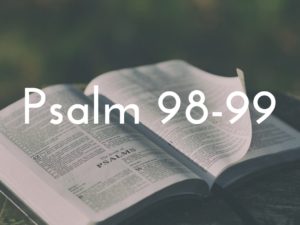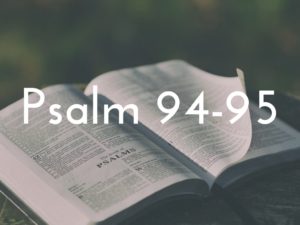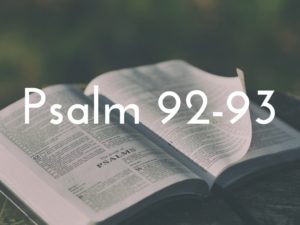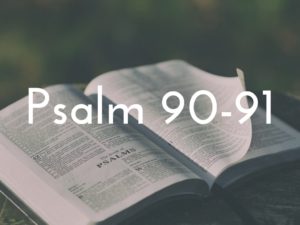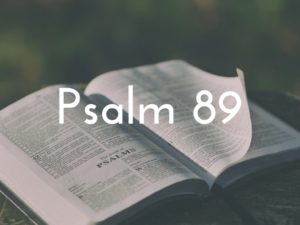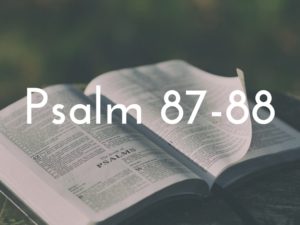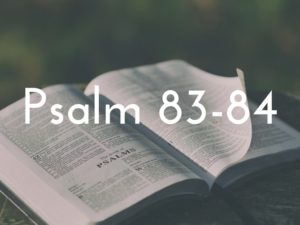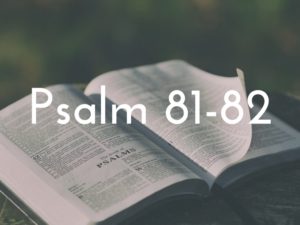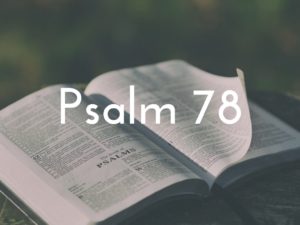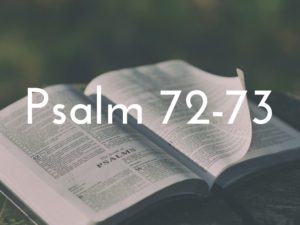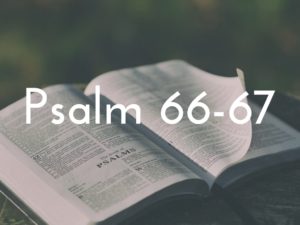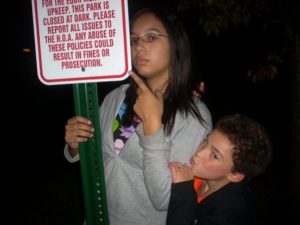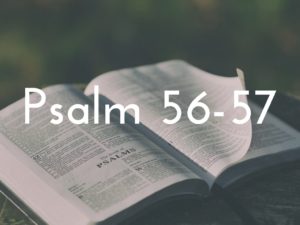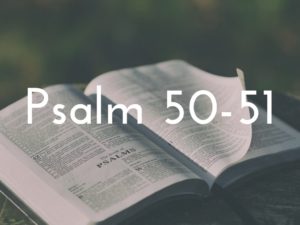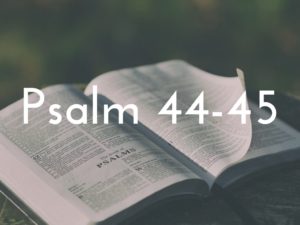Do you ever talk to yourself? Like, out loud? Am I a crazy person if I do? Because I do. I talk to myself when I’m embarrassed by something I’ve done or said, which seems to happen much too often…. I talk to myself when I’m thinking through my to-do list. And when I’m not talking to myself out loud, I’m definitely talking to myself internally. My inner monologue consumes most of my day.
The most influential person in your life is you. No one talks to you more often than you do. How do you talk to yourself? Are you aware of the tone you use? Are you even aware of the fact that you’re talking to yourself? Indeed, we talk to ourselves so often that we often aren’t very conscience of what we’re saying.
One of the primary practices of meditation is becoming aware of the ways in which you talk to yourself.
Psalm 103 is an example of meditative prayer:
“Bless the Lord, O my soul
And all that is within me” (103:1 ESV)
Prayer that is meditation is a very direct conversation with your soul. The first few lines of Psalm 103 are actually a command:
“Bless the lord, O my soul
And forget not all his benefits.” (103:2)
In contrast to the direct, meditative language of Psalm 103, Psalm 102 is the prayer of an afflicted person. It is a Psalm of distress and lament, a prayer by somebody who is entirely overwhelmed by the calamity and loudness of human experience:
“I am like a desert owl of the wilderness,
like an owl of the waste places;
I lie awake;
I am like a lonely sparrow on the housetop” (102:6-7)
These birds are pictures of intense loneliness. When I am at the mercy of loneliness and isolation –indeed, when I am at the mercy of myself – I seem to have no control over the inner monologue that damns me. This is when I am most susceptible to the voice that says: “You are worthless and alone.”
Psalm 103 challenges that voice. In doing so, it challenges our cultural admonishment to “Listen to your heart.” Though feelings should be felt, they ought not dictate your Being. Don’t misunderstand me: Your heart needs to be listened to; it is necessary to become aware of the turnings of your heart precisely so that you can speak Truth to it. Meditative prayer is the practice of taking your heart in hand and showing it some of your most basic realities. Specifically, the Truth of God as recorded by David in Psalm 103:
“Bless the Lord, O my soul
…who forgives all your iniquity,
who heals all your diseases,
who redeems your life from the pit,
who crowns you with steadfast love and mercy,
who satisfies you with good
so that your youth is renewed like the eagle's.”
Our emotions are often not reality. This doesn’t mean that when we talk to God we deny our emotions. The Psalms are filled with anguish, excitement, dreams, and despair. In naming our emotions and taking time to become aware of the palpitations of our heart, we are able to speak the deep truth of the Kingdom of Heaven within us. Meditative prayer is a dialogue with our hearts in the sight of God.
The writer of Psalm 102 ends his prayer of Lament reflecting upon the bigness of God. The psalmist thus seems to echo the words we’ve already read in Psalm 46:
“Be still and know that I am God…” (Psalm 46: 10)


